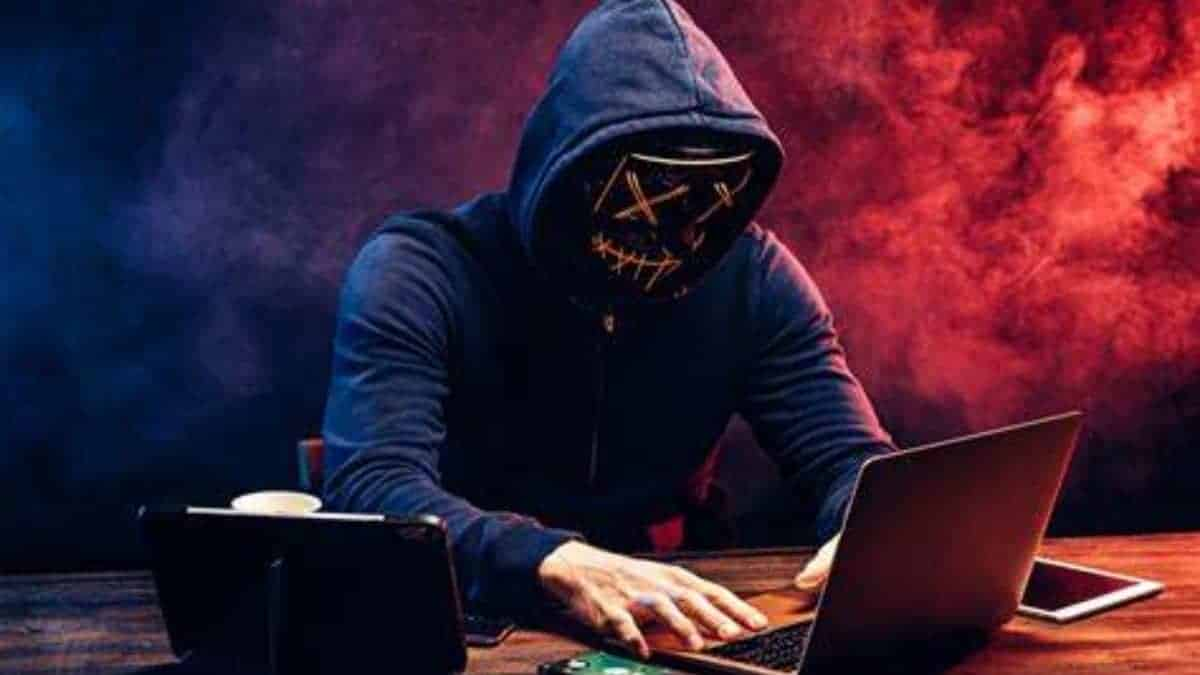Safety rules to keep your account safe from hackers

Developers frequently flock to create applications with the goal of gaining as many clients as possible. Furthermore, social media platforms must provide accounts for their users. Clients have the benefit of safe and secure privacy. However, no matter how advanced technology becomes, there will always be gaps. Several cases, such as data leakage companies from their clients, occur on a regular basis. This is extremely concerning for us as users. We can prevent this from happening by maintaining the security of our account. Methods/efforts we can make to protect our accounts from data theft, which is all too common in our society:
- Never click on a link that you did not expect to see
This is the golden rule. The most common method for criminals to infect PCs with malware is to entice users to click on a link or open an attachment. Sometimes phishing emails contain obvious spelling mistakes and poor grammar and are easy to spot. However, well-executed targeted attacks and mass mailings can be almost indistinguishable.
- Password Combination
Before we can use certain applications, we are usually required to create an account. The goal is for developers to know how many users have been created by the application. Because we are creating an account, we should choose a password that is difficult for others to guess. This is done to keep our account safe from “hacking.” We can use password combinations of more than 8 characters, as well as upper and lower case letters, numbers, and other characters.
3. Dual Authentication
Dual authentication is a security system that protects user accounts from unauthorised access. When you log in on one of your devices, you will receive a notification on another device that you have designated as a notification receiver. Whether you are logged in or not, you will be asked to confirm which account is logged in. This will be extremely useful in securing the account.
4. Password Reset
To keep our accounts safe from hackers/hackers, we should change our passwords on a regular basis. We recommend making changes every 6 months. And don’t forget to use a password combination that is difficult for others to guess.
5. Only shop on secure websites
Always ensure that the locked padlock or unbroken key symbol is visible in your browser before entering your card details, advises industry advisory body Financial Fraud Action UK. Furthermore, the beginning of the online retailer’s internet address will change from “http” to “https” to indicate a secure connection. Be wary of sites that revert to http after you’ve logged in.
6. Be wary of free public Wi-Fi
According to Symantec’s Sian John, most Wi-Fi hotspots do not encrypt data, and once a piece of data leaves your device on its way to a web destination, it is “in the clear” as it transfers through the air on the wireless network. “This means that any ‘packet sniffer’ [a programme that can intercept data] or malicious individual sitting in a public location with software that searches for data being transferred on a Wi-Fi network can intercept your unencrypted data.”
- Websites should not store your credit card information
When asked if you want to save your credit card information for future use, err on the side of caution. Mass data security breaches are uncommon, but why take the chance? The additional 90 seconds it takes to enter your information each time is a small price to pay.
- Keep your account safe from phishing attempts
Phishing is a technique used by hackers to obtain your username and password. To accomplish this, the hackers create a bogus website and request that you log in to your Facebook account. When you log in, the hackers obtain your information as well as your account’s password.
To avoid such a situation, you must exercise extreme caution when logging into your Facebook account through any website. Don’t be taken in by free gift offers and other prizes.
- Set up antivirus software
Many internet service providers (ISPs) will provide some form of security protection; you can compare local ISPs to see if there are better options available in your area, or you can install an antivirus programme, such as AVG, which has a free version. I would recommend the pro version, but if you are on a tight budget, the free version is far superior to no protection at all.
- Be cautious of your online acquaintances.
The online and offline worlds are diametrically opposed. People are not always the same as they appear to be on the internet. Hackers use bogus accounts to either collect your information or to recruit you for cybercrime. Be as cautious and prudent in your online social life as you are in your offline social life.


